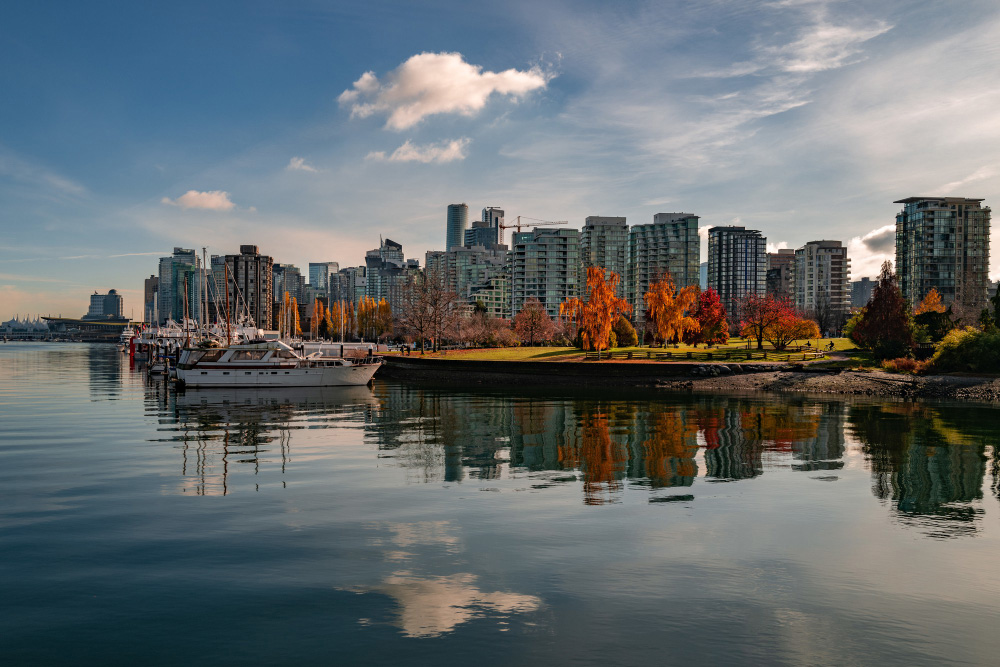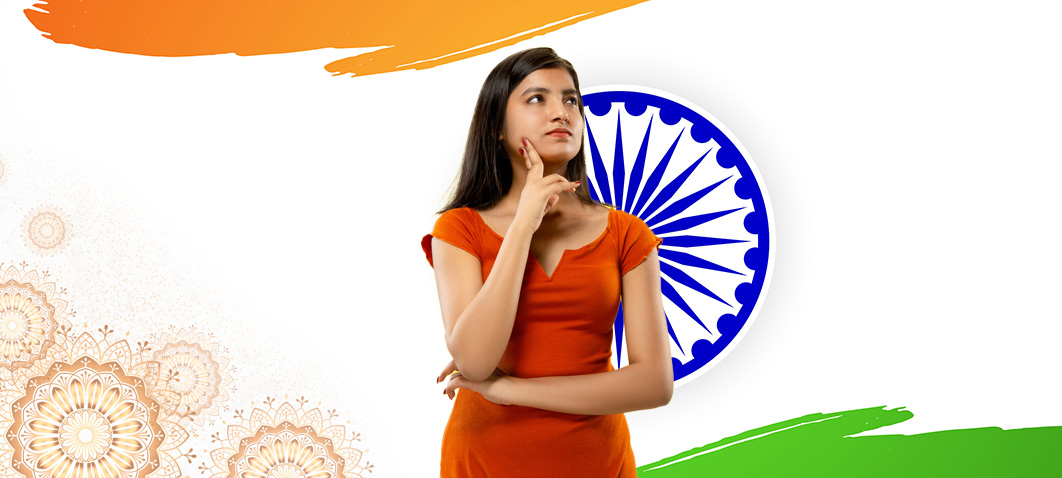Indian Divorce in Canada: Family Lawyers in Surrey & Vancouver Explain
Indian Divorce in Canada: Our Indian Family Lawyers in Surrey and Vancouver know about the unique issues Indian couples face in Canada when attempting to separate or divorce. There are many differences in law and procedure when it comes to divorce in India and in Canada. On top of that, there are immigration issues that may affect a person’s immigration status upon separation or divorce.
In this blog post, we will explain the unique issues Indian or Punjabi-speaking couples face when they separate in Vancouver or Surrey, or Canada:
- This is Part 1 of Indian Divorce in Canada and talks about obtaining Divorce; and how divorce may affect immigration status;
- Part 2 will be about dividing assets and debts in Canada, India or internationally upon divorce;
- Part 3 will be about child support, alimony and dowry as they relate to Indian or Punjabi-speaking individuals in Canada.
Table of Contents
- 1 Can I Get a Canadian Divorce If I Was Married in India? International Divorce Lawyer Explains
- 2 Do I have to Get Both a Canadian Divorce and an Indian Divorce? International Family Lawyer Explains
- 3 Difference Between Applying for Divorce in Canada vs. India? Punjabi Speaking Divorce Lawyer Explains
- 4 What Will Happen to My Immigration Status if I Separate or Divorce in Canada?
- 5 Can I Annul Our Marriage Because of Immigration Fraud in Canada?
Can I Get a Canadian Divorce If I Was Married in India? International Divorce Lawyer Explains

Yes, in Canada, as long as one of the spouses primarily resides in a Canadian province for more than one year before applying for divorce, that couple is eligible to get a Canadian Divorce.
Many Indian couples think they will need to apply for a divorce in India because they got married in India. That is not the case. You can get married in any country on earth and get divorced in Canada as long as you live there for more than one year before applying for a divorce.
Do I have to Get Both a Canadian Divorce and an Indian Divorce? International Family Lawyer Explains
No, one divorce is enough. India generally acknowledges a Canadian divorce as a valid divorce. Likewise, Canada generally recognizes an Indian divorce as a valid divorce. This means you do not have to get divorced twice for your divorce to be valid in Canada and India.
Difference Between Applying for Divorce in Canada vs. India? Punjabi Speaking Divorce Lawyer Explains
The divorce process in India is quite different than in Canada. The main differences are as follows:
- In India, the couple can get a mutual divorce or a contested divorce. Mutual divorce means the couple agrees to divorce and files a joint petition. The couple is then given a six-month cooling-off period to see if there is a chance to reconcile. Once the six-month period passes, the couple will appear before a judge and ask for the divorce to be granted. In some rare cases, India can grant a divorce in less than six months. Contested divorces in India can take years and many hearings before a judge. In mutual or contested divorces, the couple or their lawyers must appear before a judge.
- In Canada, the couple can get a joint divorce, an uncontested divorce or a contested divorce. With the joint divorce, the couple must file a Notice of Family Claim together. In all three types of divorces, the couple will generally need to wait for at least one year from the date they separate to get a divorce. In cases of adultery and mental or physical cruelty, the couple may be able to bypass the one-year requirement and get a divorce sooner. Joint or uncontested divorces in Canada are usually done by a desk Order divorce, meaning you do not need to appear in front of a judge. In case of a contested divorce, you will likely have hearings and appear before a judge several times.
What Will Happen to My Immigration Status if I Separate or Divorce in Canada?

Generally:
Divorce and Indians Who Are Canadian Citizens
- If you were born in India but have immigrated to Canada and have Canadian Citizenship, your divorce will not affect your immigration status in Canada. This means nothing will happen if you divorce and remain a Canadian Citizen.
Divorce and Indians Who are Permanent Residents
- If you are a permanent resident in Canada and do not have a Canadian Citizenship, divorcing or separating from your spouse will not affect your PR status. You will keep your PR status and can apply for Citizenship after passing the requirements.
- If you were sponsored through the Family Sponsorship Immigration Class by your spouse and have Permanent Residence through that program, separation will not affect your PR, even though you were sponsored by the same person whom you are separating from now. However, suppose the Sponsor can prove that the marriage was fraudulent, and they were used and fooled into marrying to allow you to come to Canada. In that case, the marriage may be annulled, and the government may ask you to leave the country.
Divorce and Indians Who Are Not Permanent Residents or Citizens
Often, a Canadian Citizen meets an Indian national over the internet or through vacationing in India. Many couples decide that the non-citizen will come to Canada on a Visitor’s Visa or a Work Permit to check out the country and see if the relationship with the person he/she is dating will work out.
In these situations, the person who comes from India to Canada does not have a status in Canada, meaning they don’t have the right to reside here permanently. They are merely visitors or on work Visas. In situations where you do not have a status, have not been sponsored and have separated from your spouse:
- Once your Visa expires, you would need to leave Canada and go to India as you have no permanent status. However, as explained below, you can apply to stay in Canada under specific categories;
- You cannot get any support from the person you were with because they did not sponsor you. You likely won’t be able to get any spousal support from that person either, given that you were not sponsored. You may be able to apply to the Court and ask for some spousal support, but there is no guarantee you will receive any.
- If you have a child with the person you just broke up with, you may be entitled to child support from that person. If he/she doesn’t pay you child support, you can apply to the court to get it.
- If you do not have permanent status or sponsorship but want to stay in Canada, you can apply to the government on Humanitarian and Compassionate grounds or seek Refugee Status. Applying to remain in Canada on Humanitarian and Compassionate grounds is easier if you have a child in Canada and want to stay in Canada to care for the child. The process is long and complicated. You are best to retain an immigration lawyer to help you with these applications because they are tough to get approved and must be done carefully. At YLaw, we help our clients with their immigration law issues. Call us at 604-974-9529 to learn more.
- There are many resources available for men or women in these situations. Click here for a more in-depth look at your options and the resources available to help you.
Can I Annul Our Marriage Because of Immigration Fraud in Canada?
It is very common for an Indian couple to separate in Canada and for one of them to allege that the other just used the other to get married to get into Canada. Many individuals come to us and ask for their marriage to be annulled so the person who took advantage of them can be deported back to India.
In these cases, there is an element of betrayal and a broken heart, which is tragic. Usually, the families spend a lot of money and time to have a wedding and celebrate a new addition to their community. A few months later, they find out that the marriage was not real, and one person took advantage of the other one; never loved him/her and just used them to get Canadian citizenship.
Asking for marriage annulment due to immigration fraud, duress, or lack of sex is complicated. It requires a careful assessment of your case and an in-depth report of your chances of winning/losing on an annulment application. Asking for annulment can be very expensive and time consuming. Therefore knowing about your options and rights through an initial consultation is perhaps the best thing you can do to make an informed decision.
Our Punjabi-speaking divorce lawyers in Surrey and Vancouver have expertise in Indian separation or divorces. We regularly deal with Indian divorce in Canada and would love to help you with yours. Call us or get in touch for more information.
This blog is a part of YLaw’s cultural series on separation and divorce in Canada. For unique issues Iranians or Persians face upon separation or divorce in Canada, please click here.

